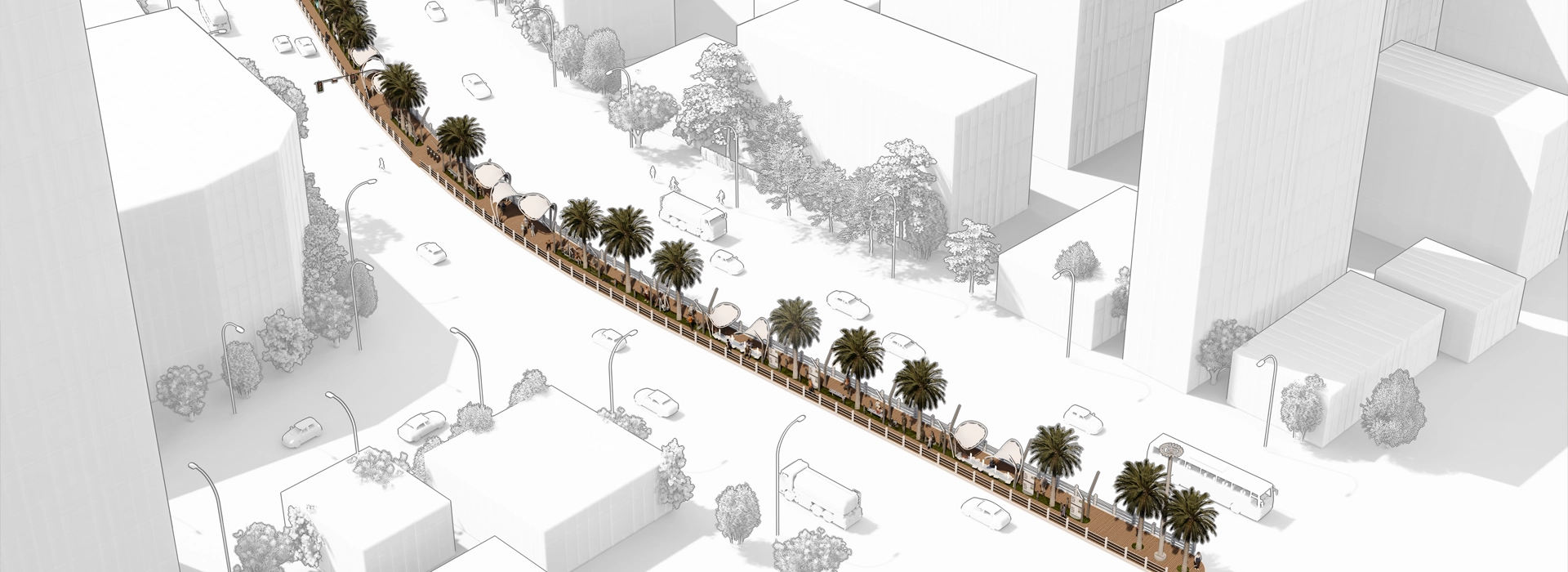


Housing societies are essential in providing a sense of community and shared living in urban areas. However, over time, many of these societies may face challenges due to aging infrastructure or changes in the needs of residents. This is where redevelopment comes into play, and the Maharashtra Cooperative Housing Societies Act, particularly Section 79A, outlines the rules and processes involved. In this blog, we will break down these concepts into easy-to-understand terms.
What is Redevelopment?
Redevelopment refers to the process of demolishing old buildings and constructing new ones in their place. This can improve living conditions, enhance safety, and offer modern amenities to residents. In the context of cooperative housing societies, redevelopment can involve various stakeholders, including residents, developers, and government authorities.
The Importance of Section 79A
Section 79A of the Maharashtra Cooperative Housing Societies Act is crucial for guiding the redevelopment process in housing societies. It provides a legal framework to ensure that the rights and interests of residents are protected while facilitating the redevelopment of their buildings.
Key Points of Section 79A
Step 1: Formation of a Redevelopment Committee
The housing society should form a redevelopment committee consisting of members who will oversee the entire process. This committee will be responsible for communicating with residents, developers, and government authorities.
Step 2: Assessing the Need for Redevelopment
The committee should assess the condition of the current building and discuss with residents whether redevelopment is necessary. This can involve consultations, surveys, and discussions to gather everyone’s opinions.
Step 3: Preparing a Redevelopment Proposal
Once the need for redevelopment is established, the committee can prepare a detailed proposal outlining the scope of work, potential developers, and timelines.
Step 4: Conducting a General Body Meeting
A general body meeting should be organized to present the proposal to all members. Residents can ask questions, express concerns, and discuss the plan. A vote will be conducted to see if the proposal can move forward.
Step 5: Signing the Agreement
If the proposal is approved, the society can enter into an agreement with the chosen developer. This agreement will include details about the project, timelines, and responsibilities of both parties.
Step 6: Redevelopment Phase
During the redevelopment phase, residents may need to temporarily relocate. It’s essential for the developer to communicate with residents about the progress and any changes to the timeline.
Step 7: Completion and Handover
Once the new buildings are completed, the developer will hand over the possession of the new units to the residents. They will sign new agreements, ensuring that all residents are aware of their rights and responsibilities in the new setup.
Redevelopment of housing societies is an essential process to ensure that residents have access to safe, modern, and comfortable living spaces. The Maharashtra Cooperative Housing Societies Act, specifically Section 79A, provides a comprehensive framework to protect the rights of residents while facilitating this transformation. By following the outlined steps and ensuring that all members are involved in the decision-making process, housing societies can successfully navigate the complexities of redevelopment and create a better living environment for their communities.